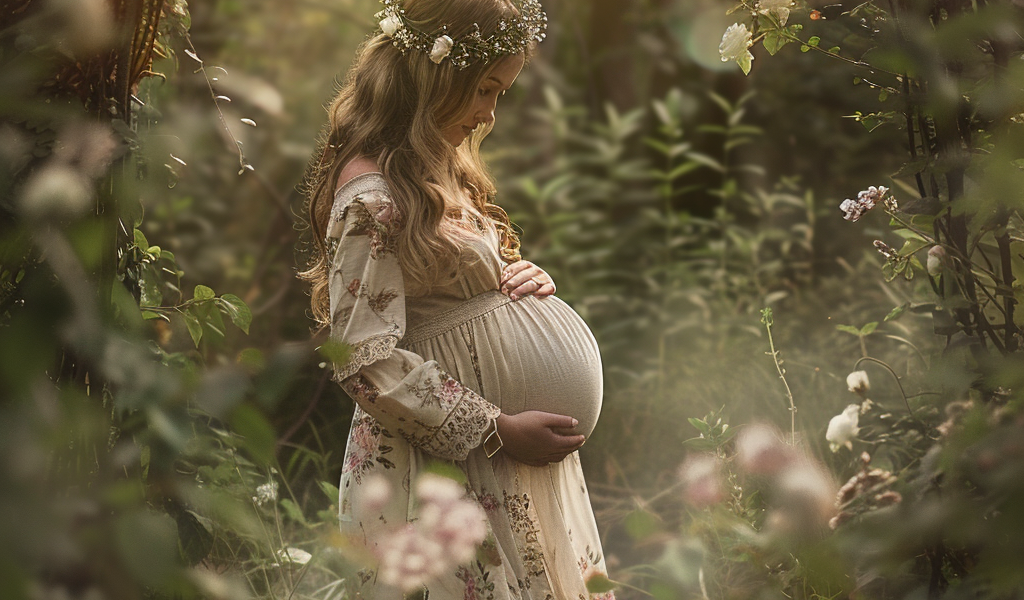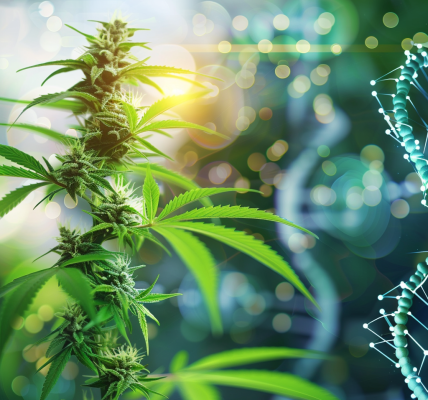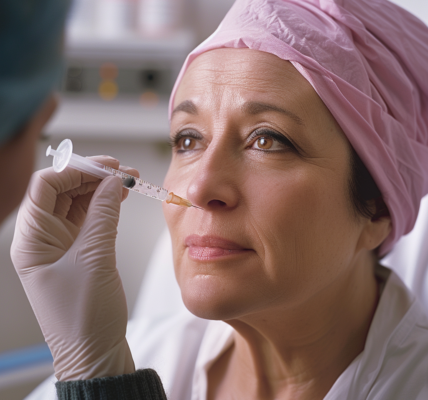Pregnancy Has a Strange Effect on Your Biological Age, Scientists Discover
There’s no question that having children imparts considerable stress, affecting just about every part of the body. In spite of this universal truth of parenthood’s health costs, there is no standard for measuring the biological accounting demanded of a mother during gestation. A new study led by researchers from Yale University could help us better understand the forces behind cellular aging during and after pregnancy.
Research into human DNA and its accumulation of molecular edits over time – a phenomenon described as biological aging – has shown the sheer effort of bearing a child on the body’s cells. It’s in line with harrowing events like surgery and major illness, literally adding years of changes to a childbearer’s cells. Fortunately, the baggage that comes with such stressful events may also be transient and reversible. Studies have shown that unlike our birthdays, our biological age can stop and even rewind once the stressful times come to an end.
A recent analysis of blood samples taken from 119 women at various stages of pregnancy and after delivery adds intriguing detail to those previous findings. It demonstrates a “pronounced reversal of biological aging” following delivery. Some breastfeeding mothers even experienced a genetic fountain of youth, with their biological age reversed to a time well before they had conceived.
While the measures hint at a remarkable ability for bodies to bounce back from the profound changes that come with pregnancy, senior researcher Kieran O’Donnell emphasizes we have so much more to learn about the mechanisms at work. “Lots to follow up on here,” says O’Donnell, a reproductive scientist at Yale. “First, we don’t know if the postpartum recovery effect is relevant for short or long term maternal health outcomes and if these effects accumulate over su





